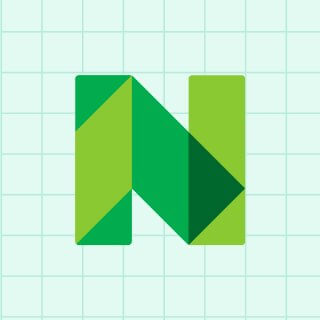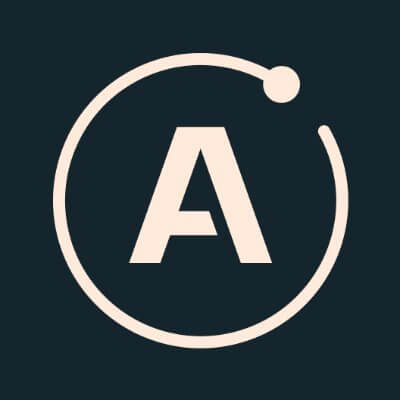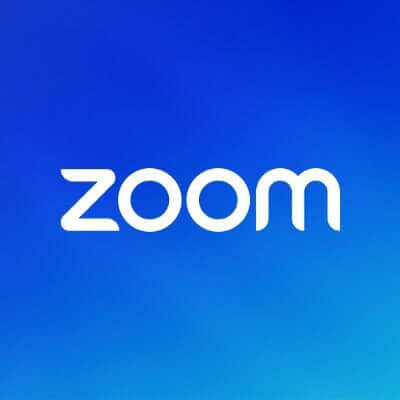Must-Have Tools for Freelance Technical Writers in 2025—and Beyond
Freelance tech writers face a challenging but rewarding landscape. With rapid innovation in AI, cybersecurity, and web development, the demand for skilled communicators who can translate complex systems into accessible content has never been higher. The role requires more than strong writing; it demands a nuanced understanding of technological trends, audience behavior, and workflow optimization. […] The post Must-Have Tools for Freelance Technical Writers in 2025—and Beyond appeared first on Freelance Writing Jobs.
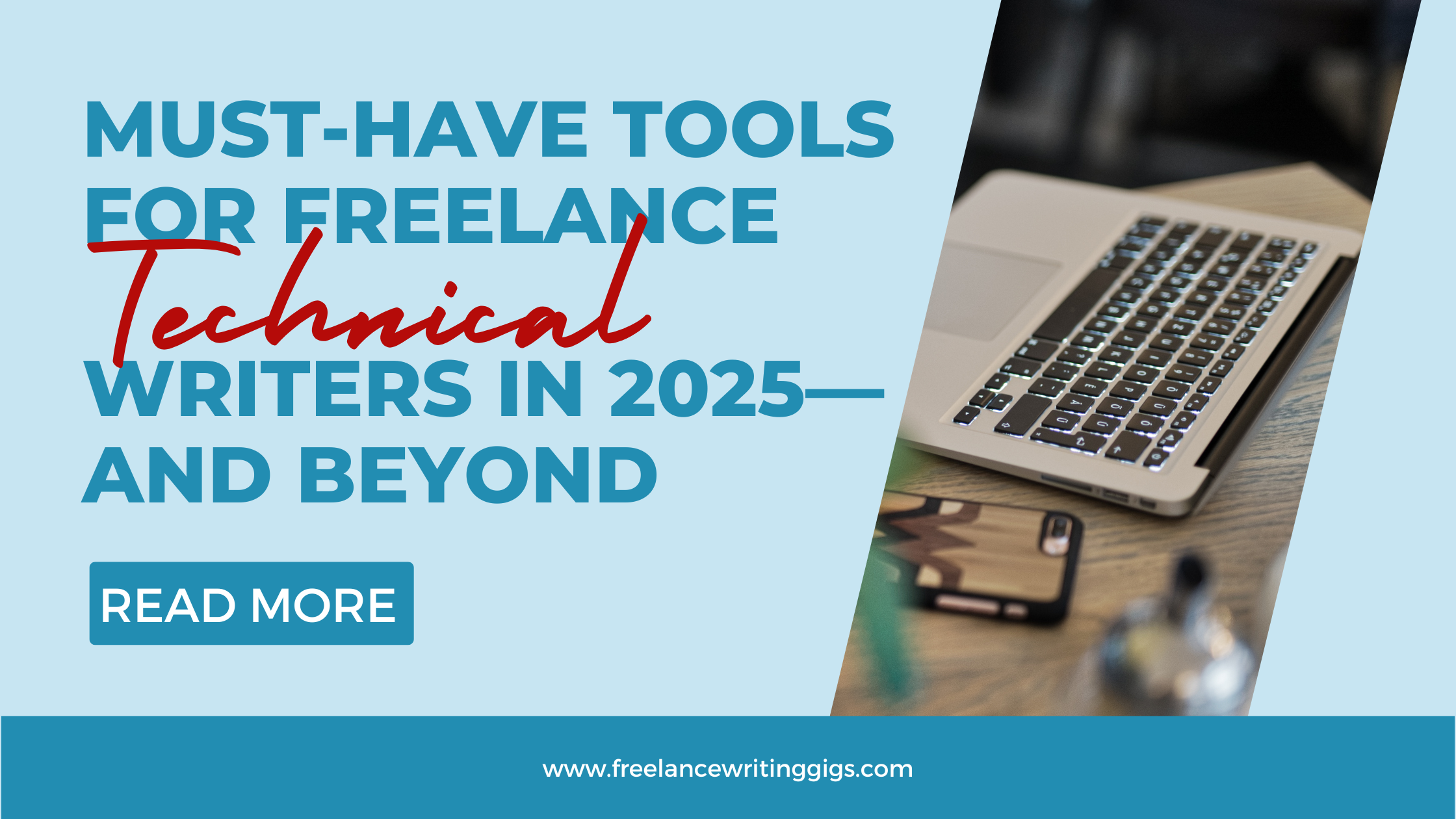
Freelance tech writers face a challenging but rewarding landscape. With rapid innovation in AI, cybersecurity, and web development, the demand for skilled communicators who can translate complex systems into accessible content has never been higher. The role requires more than strong writing; it demands a nuanced understanding of technological trends, audience behavior, and workflow optimization.
Businesses that maintain active blogs receive 55 percent more website traffic than those that don’t, underscoring the value of strategic, high-quality content. To meet this demand, tech writers must invest in the right research, writing, optimization, technical fluency, and project management tools.
The Modern Tech Writer’s Toolkit: Tools for Freelance Technical Writers
To produce high-impact content in today’s tech landscape, freelance writers need more than inspiration and subject knowledge—they need systems. The modern tech writer operates at the intersection of information density and digital discoverability. This means staying up-to-date on tools that streamline research, sharpen writing, optimize visibility, and manage the end-to-end content workflow.
From intelligent research assistants to SEO platforms and code-aware editors, the right tools don’t just make the process faster—they elevate the final product’s quality, precision, and credibility. A detailed look follows at the most essential categories of tools every freelance tech writer should master in 2025.
1. Research Tools That Ensure Accuracy and Authority
Freelance tech writers are expected to deliver current and credible content. As technical fields evolve rapidly, writers must stay ahead of emerging developments and verify their claims using tools that go beyond conventional search engines.
Artificial intelligence has dramatically improved research processes. AI-powered platforms such as Perplexity AI, Scite, and Elicit provide substantial value. Perplexity AI’s 2025 version now includes scholarly filtering options, allowing writers to zero in on academic and technical sources. Scite uses machine learning to show how scientific papers cite one another and whether the citation supports or disputes a given claim. Elicit assists with literature reviews and structured evidence gathering, which is especially useful when exploring emerging areas like federated learning or AI in biotech.
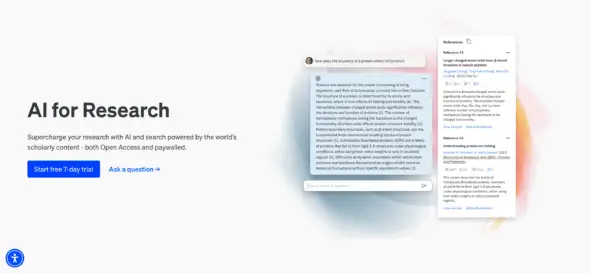
Beyond AI assistants, writers benefit from access to specialized scholarly databases. Google Scholar remains a strong general-purpose tool, but for cutting-edge research in robotics or data engineering, IEEE Xplore provides peer-reviewed journals and conference papers.
For machine learning, quantum computing, or blockchain developments, arXiv remains one of the most up-to-date sources for pre-print scientific research. These platforms are essential for grounding content in reliable data, notably when mainstream coverage lags behind academic discoveries.
2. Tools for Better Writing and Optimization
Even the most accurate research must be communicated clearly. Writers in the tech domain often walk a fine line between technical complexity and user-friendly clarity. Writing tools in 2025 will be more than grammar checkers—they will provide semantic suggestions, tone analysis, and content structuring assistance that improves engagement and readability.
Advanced writing assistants like Grammarly Premium and ProWritingAid now feature real-time analysis for tone, technical accuracy, and sentence complexity. These tools can highlight excessive jargon, recommend simpler synonyms, and help writers adhere to editorial guidelines like APA or AP style. The Hemingway Editor remains useful for simplifying long or complex sentences, especially in how-to articles or explainer pieces.
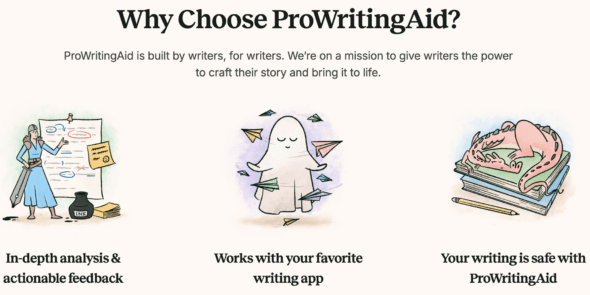
In 2025, platforms like ChatGPT, with browsing capabilities and document uploads, will offer new functionality for fact-checking long-form drafts, highlighting contradictory claims, and synthesizing editorial feedback from multiple documents simultaneously. This intelligent assistance will free writers to focus on higher-order storytelling and problem-solving instead of manual editing.
Beyond clarity, visibility is key. Search Engine Optimization (SEO) ensures high-quality content reaches its intended audience. Platforms like Surfer SEO, Frase, and Clearscope allow writers to analyze the top-ranking pages for any keyword, identify content gaps, and adjust their drafts accordingly.
These tools suggest keyword density, subheading structure, and semantic keywords to align with user search intent. Frase’s AI generates topic briefs and outlines, which are particularly useful for producing client-facing SEO strategies. This is increasingly important given Google’s March 2024 Core Update, which prioritizes content that is both original and written by demonstrably experienced authors.
3. Understanding the Technology: Developer Tools for Writers
Whether writing product comparisons or software explainers, freelance tech writers benefit from a working knowledge of developer workflows and trends like Web App Development, which continues to shape how businesses build scalable, cross-platform digital tools.
Freelance tech writers are not expected to code, but understanding developers’ tools and environments enhances credibility and helps writers explain technical concepts more fluently. A baseline familiarity with development workflows supports accurate content creation and fosters trust with readers.
Many writers gain insight into developer environments using code editors such as Visual Studio Code and Sublime Text. These tools help writers preview, edit, or format code snippets correctly, especially for technical documentation or tutorials.
By understanding how syntax highlighting, version control integrations, and configuration files work, writers can better engage with developer topics and ensure their published code examples function as intended.
In addition, knowing the difference between native mobile and web apps is critical when discussing platform development, user accessibility, or digital transformation. Foundational knowledge of HTML, CSS, and JavaScript enables writers to explain key differences in frontend vs. backend logic or clarify why businesses choose specific frameworks like React or Next.js.
Companies like Brain Box Labs, specializing in custom web app development, have shown that using web technologies enables broader device compatibility, faster updates, and reduced costs compared to building native applications separately for iOS and Android.
Understanding DevOps principles—such as CI/CD pipelines, containerization with Docker, or testing automation—adds further value. It allows writers to contextualize broader software engineering conversations and articulate the benefits or tradeoffs of specific workflows, which is especially useful when writing white papers or B2B SaaS documentation.
4. Project Management and Productivity
Freelance writers must balance deadlines, research, client revisions, and administrative tasks—all without sacrificing quality. Streamlining workflows through productivity and management platforms helps ensure timely delivery and professional communication.
Notion has become a go-to all-in-one platform, allowing writers to manage content calendars, structure outlines, organize research, and track progress. For writers who prefer a more visual organization style, Trello provides Kanban-style task boards. At the same time, Asana offers task management with deadline reminders, subtasks, and collaborative features ideal for client-facing projects.
Time tracking is equally vital. It enables writers to monitor productivity, estimate timelines, and generate accurate invoices. Tools like Toggl Track, Clockify, and Harvest are widely used in the freelance community. These platforms offer timer-based tracking, project tagging, and productivity reports. Harvest also includes built-in invoicing tools, making it a comprehensive choice for writers juggling multiple contracts.
Transparent time logs are essential for technical writers, who often charge higher rates due to the complexity of their work. According to data from Upwork Pro and Glassdoor, experienced freelance technical writers can charge anywhere from $0.40 to $0.80 per word or between $70 and $150 per hour, depending on their niche and experience level. The median total pay for technical writers is around $91,000 annually.
5. Staying Ahead: Continuous Learning and Thought Leadership
In a field driven by constant innovation, writers must be lifelong learners. Staying current with new tools, programming languages, and ethical frameworks ensures relevance and sharpens competitive positioning.
Online learning platforms like Coursera and edX offer affordable, high-quality courses covering AI, cloud computing, prompt engineering, and blockchain systems. For tech writers looking deeper into programming or DevOps, Pluralsight provides industry-focused content aligned with certifications and enterprise workflows.
Writers also benefit from engaging in developer communities. Platforms like Stack Overflow, GitHub Discussions, and Reddit communities like r/technology and r/programming are hubs for real-world questions and answers. Participating in specialized Slack or Discord groups related to writing, web development, or machine learning opens doors for collaboration, knowledge sharing, and client referrals.
To keep up with real-time industry developments, RSS feed readers like Feedly and Inoreader can help writers follow top publications, including TechCrunch, Wired, The Verge, and IEEE Spectrum. Following thought leaders on platforms like LinkedIn or X (formerly Twitter) reveals breaking trends, such as the anticipated shift in AI investments from hardware to software or the rise of decentralized content creation tools. Events like AI Startup Days showcase early-stage tools that can dramatically impact future content workflows.
Ready to Elevate Your Tech Writing in 2025?
Take advantage of the best tools for freelance technical writers
In 2025, the freelance tech writer is not simply a communicator but a translator of complexity—someone who distills AI ethics, development tools, and cloud infrastructure into content that educates and persuades. To stay competitive, writers must harness AI-powered research assistants, embrace advanced writing and SEO platforms, develop a foundational understanding of development tools, and implement streamlined project management workflows.
Professional organizations emphasize that technical writers today must demonstrate subject-matter expertise and communication skills. As content creation continues to evolve alongside generative AI and automated workflows, the human value lies in insight, creativity, and strategic thinking.
By building a toolkit tailored to these evolving demands, freelance writers can deliver impactful, informed, and future-ready content. Investing in continuous learning and operational efficiency will remain the key to longevity in the fast-paced world of technology writing.
The post Must-Have Tools for Freelance Technical Writers in 2025—and Beyond appeared first on Freelance Writing Jobs.






























































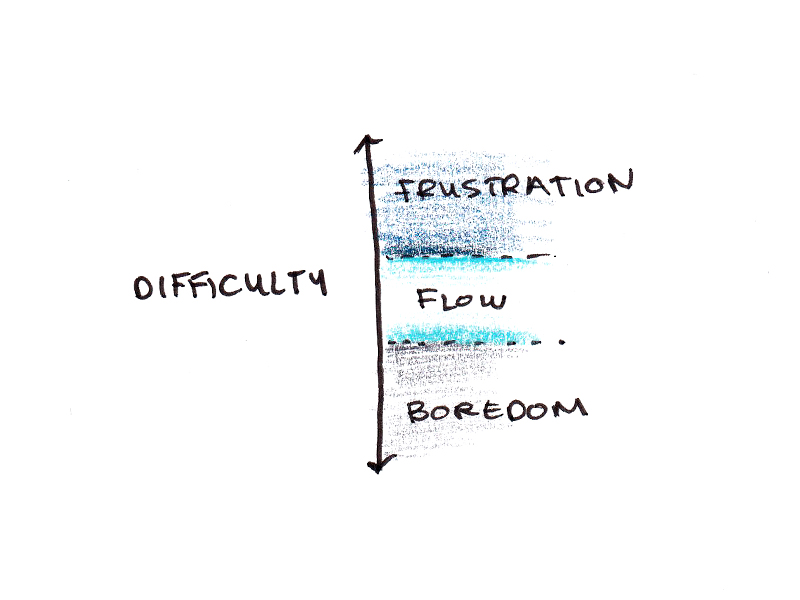










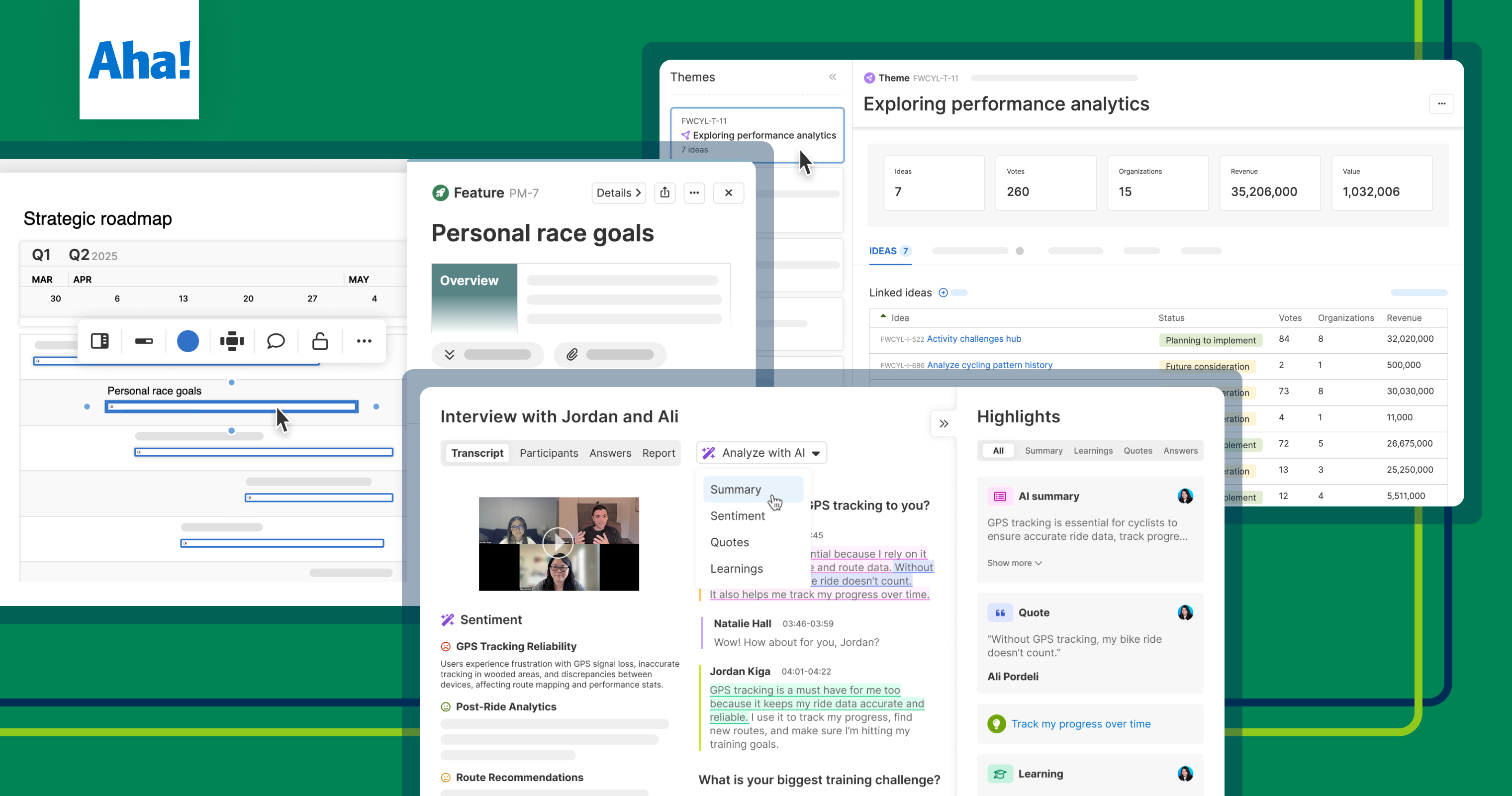
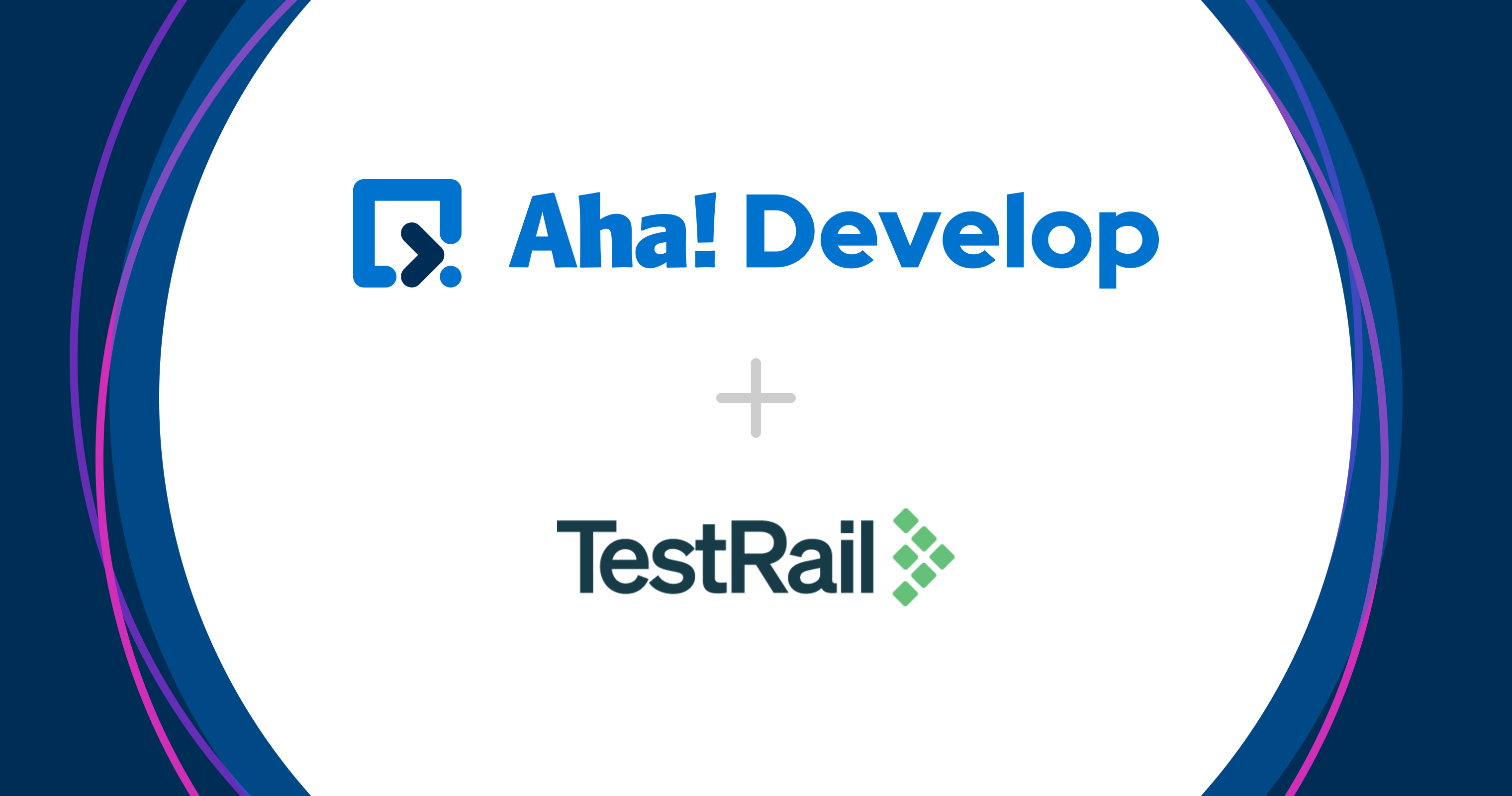





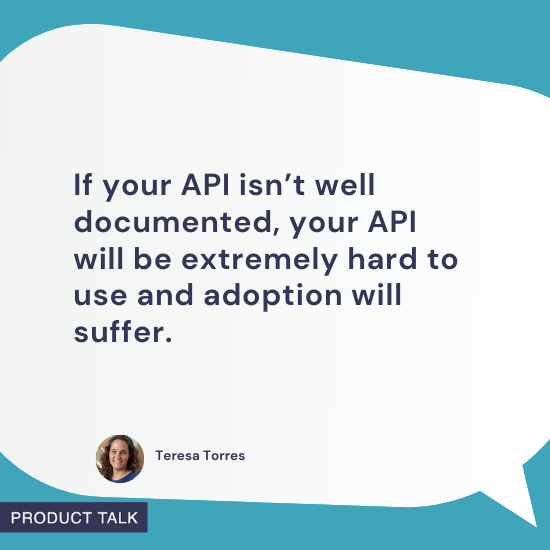


















![Building A Digital PR Strategy: 10 Essential Steps for Beginners [With Examples]](https://buzzsumo.com/wp-content/uploads/2023/09/Building-A-Digital-PR-Strategy-10-Essential-Steps-for-Beginners-With-Examples-bblog-masthead.jpg)





![How One Brand Solved the Marketing Attribution Puzzle [Video]](https://contentmarketinginstitute.com/wp-content/uploads/2025/03/marketing-attribution-model-600x338.png?#)
















